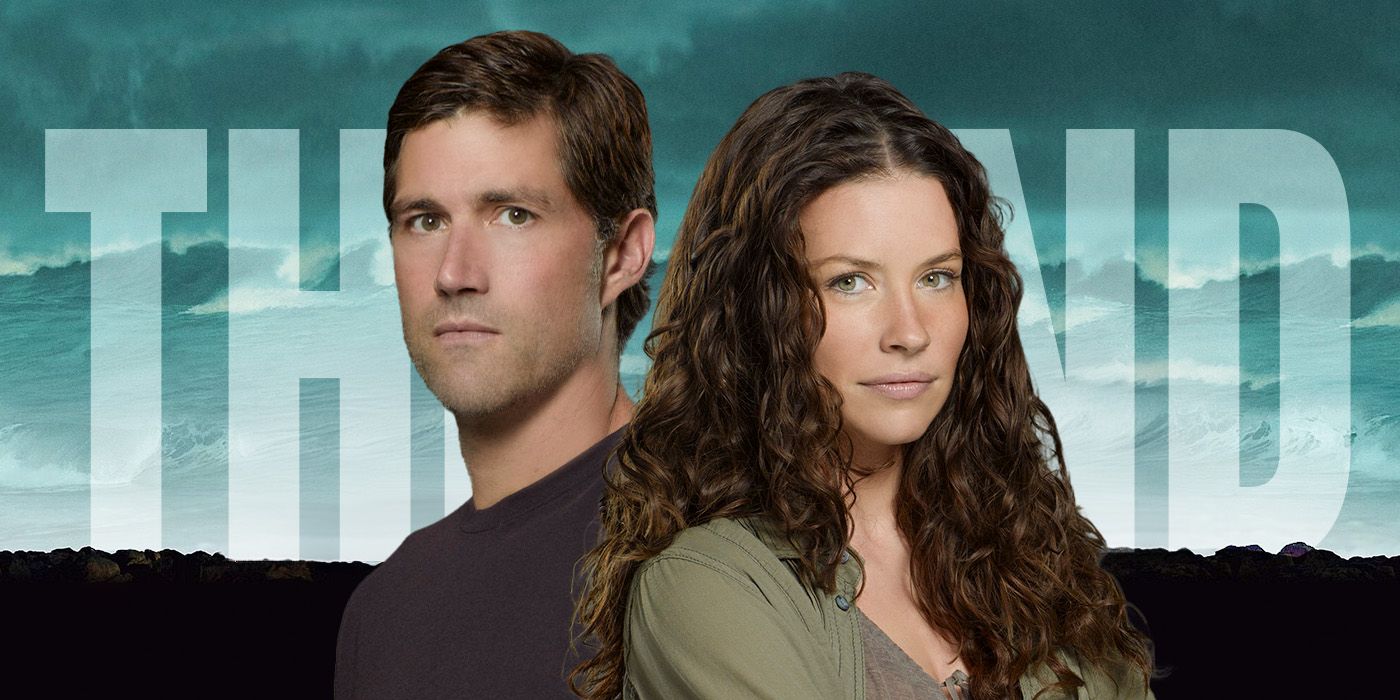The Big Picture
-
Lost
dominated the cultural zeitgeist with its complex storytelling and mysteries, leading to a “water cooler effect.” - The final episode, “The End,” received mixed reactions but provided satisfying conclusions for each character.
-
Lost
‘s choices, like exploring timelines and universes, kept viewers engaged and questioning.
Game of Thrones and Stranger Things may have ushered in a new wave of “blockbuster television,” but no 21st century show ever managed to dominate the popular culture zeitgeist quite like Lost. Ever since the J.J. Abrams-directed pilot wowed viewers back in the fall of 2004, hoards of loyal fans followed the show each week, leading to a “water cooler effect” where news about major plot developments circulated quickly. Lost was a show that quickly became just as fun to speculate about and discuss as it was to watch, as showrunners, Damon Lindelof and Bryan Burk, seemed to always be hinting at a major reveal that would “explain everything.” This perhaps set the final episode, “The End,” up for mismanaged expectations, as the ending of Lost remains one of the most divisive in the history of dramatic television.
Given the rapid way in which television has surpassed film as the premium form of “serious entertainment,” the pressure put on a show to somehow justify its audiences’ time and investment has become even more prominent over the years. While shows like Mad Men and Succession were considered successful because they had great season finales, some fans regret having watched Game of Thrones or How I Met Your Mother in the first place because they didn’t “stick the landing.” It’s not a constructive way to criticize television, as even a truly horrid final episode wouldn’t negate the years of fun mysteries, great characters, and exciting moments that Lost provided. However, that conversation is in itself superfluous, as Lost had a perfect final episode that continues to look better with age.
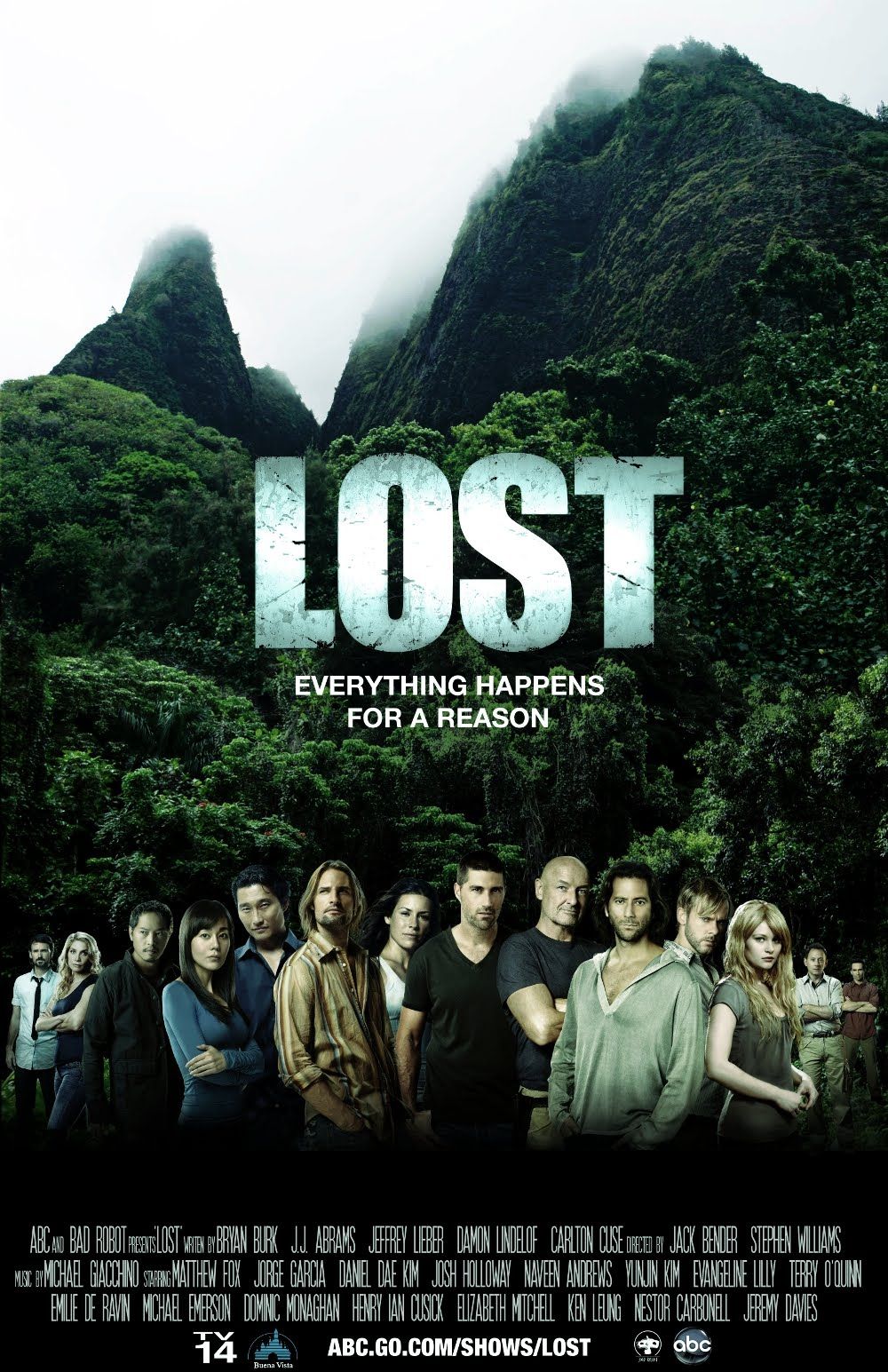
Lost
The survivors of a plane crash are forced to work together in order to survive on a seemingly deserted tropical island.
- Release Date
- September 22, 2004
- Main Genre
- Drama
- Seasons
- 6
- Studio
- ABC
What Happens in the ‘Lost’ Finale?
“The End” was perhaps the most epic installment in the history of Lost, as the multipart episode aired for 104 minutes in the summer of 2010. The feature length run time was justified, as the episode had to wrap up years of complex storytelling and give enough room for each of the main characters to have a standout moment. As Jack Shephard (Matthew Fox), Kate Austen (Evangeline Lilly), and Hurley Reyes (Jorge Garcia) head to the heart of the island to reach the inner chamber, they are caught in a ruthless battle with the villainous Man in Black, who has taken the form of their former ally, John Locke (Terry O’Quinn). It’s after James Sawyer (Josh Holloway) and Desmond Hume (Henry Ian Cusick) show up that they learn that Benjamin Linus (Michael Emerson) is planning to destroy the island forever.
“The End” finally managed to reunite the core cast on a singular mission, which harkened back to the beginning of the first season when they had all encountered each other as strangers when first crashing on the island. “The End” certainly doesn’t leave much room to breathe, as the brutal brawl between Locke and Jack is one of the most intense moments in the history of Lost. Nonetheless, it’s quite emotional to note how significantly the characters have evolved over the course of six seasons; together, they’ve experienced monsters, time travel, secret hatches, and militaristic societies. Even though characters like Sawyer and Jack have been at odds with each other, they’re able to compromise on reaching a collective goal in the finale.
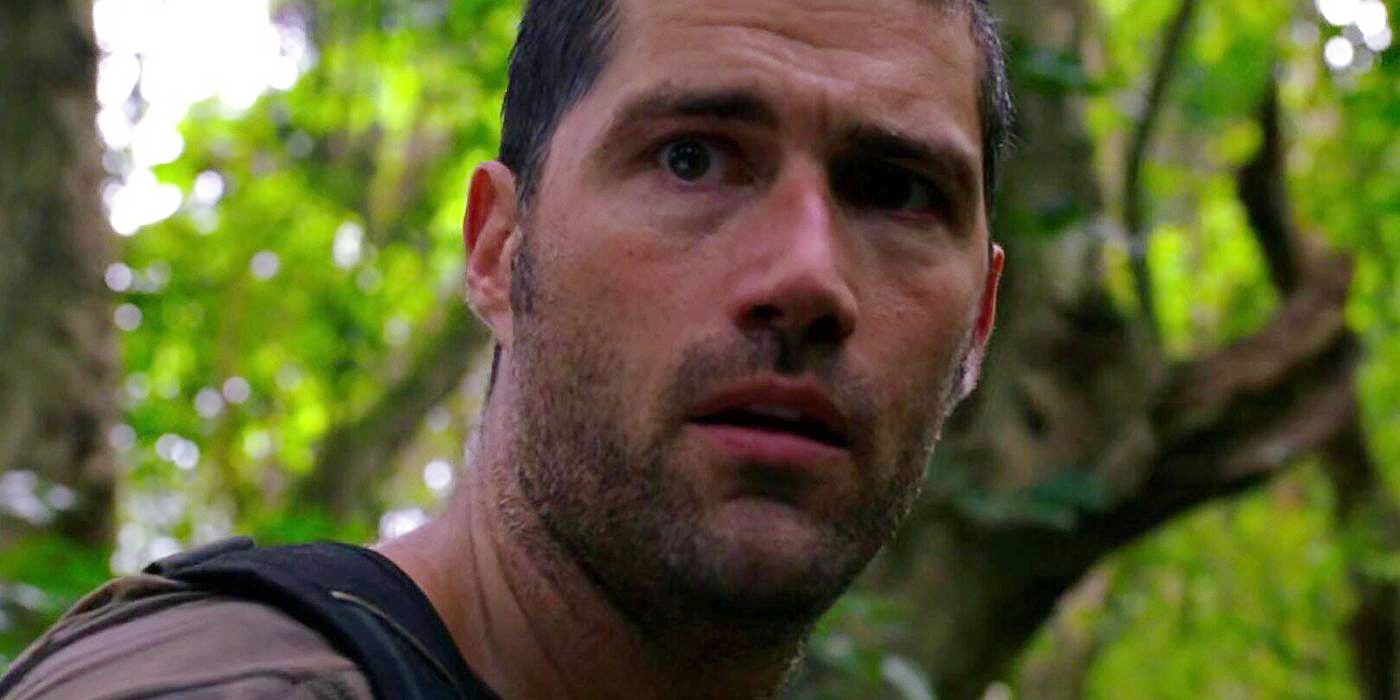
Related
‘Lost’ Is Crash-Landing Onto a New Streaming Service This Summer
We have to go back…and binge the whole thing over again.
Lost was able to ensure that each character had a satisfying conclusion, a challenging task considering how sprawling the ensemble is. Given that Hurley has always been the heart of the show, it made sense that he would become the island’s protector, making sure that its secrets were kept safe. Seeing Jack finally get to confront his father, Christian (John Terry), was also quite moving, as their tumultuous father-son relationship had been one of the show’s most critical conflicts. It was also quite rewarding to see Desmond escape safely, as he experienced more trauma than perhaps anyone else as a result of Season 4’s time travel storyline.
‘Lost’ Was Always Defined by Its Bold Choices
One of the reasons that Lost was so exciting was that it constantly changed the viewers’ perception of what it was actually about. While the first season was entirely focused on the island’s mysteries, the second season delved deeper into the DHARMA initiative, with subsequent seasons detailing different timelines and pocket universes. The final season made the bold decision to take the series in an existentialist direction that focused on a generations-old battle between good and evil on the island itself. This felt like a natural conclusion to where the characters were headed; viewers were so intent on learning “what” was going on that they never got the opportunity to ask “why.”
The reveal that the majority of the final universe took place in a side universe where the characters were dead the entire time may have rubbed some viewers looking for concrete answers the wrong way. However, “The End” was satisfying for any Lost fans who watched the show purely because of the characters. Seeing all the couples that met over the course of their adventures on the island united in a church is one of the most striking images in the history of the series; if that wasn’t powerful enough, the blaring score from Michael Giacchino is enough to reduce even the most cynical Lost fans into tears.
The Final Episode of ‘Lost’ Didn’t Deserve the Backlash It Received
Lost’s final season was immediately subjected to backlash, which isn’t surprising considering how much anticipation it had. Perhaps viewers hoping that the series of mysteries would go on forever were just disappointed that their favorite show was coming to a conclusion; Lindelof himself admitted that he “regretted” acknowledging the finale’s haters, as he didn’t want to color any viewers’ expectations if they were watching the show for the first time.
The experience of watching Lost is a personal one, and for many, “The End” was a cathartic moment. Even if it wasn’t a finale that answered every minor question that was raised over the course of the show’s entire run, it’s for better or worse an ending that people are still talking about over a decade later.
Lost is available to stream on Hulu in the U.S.





































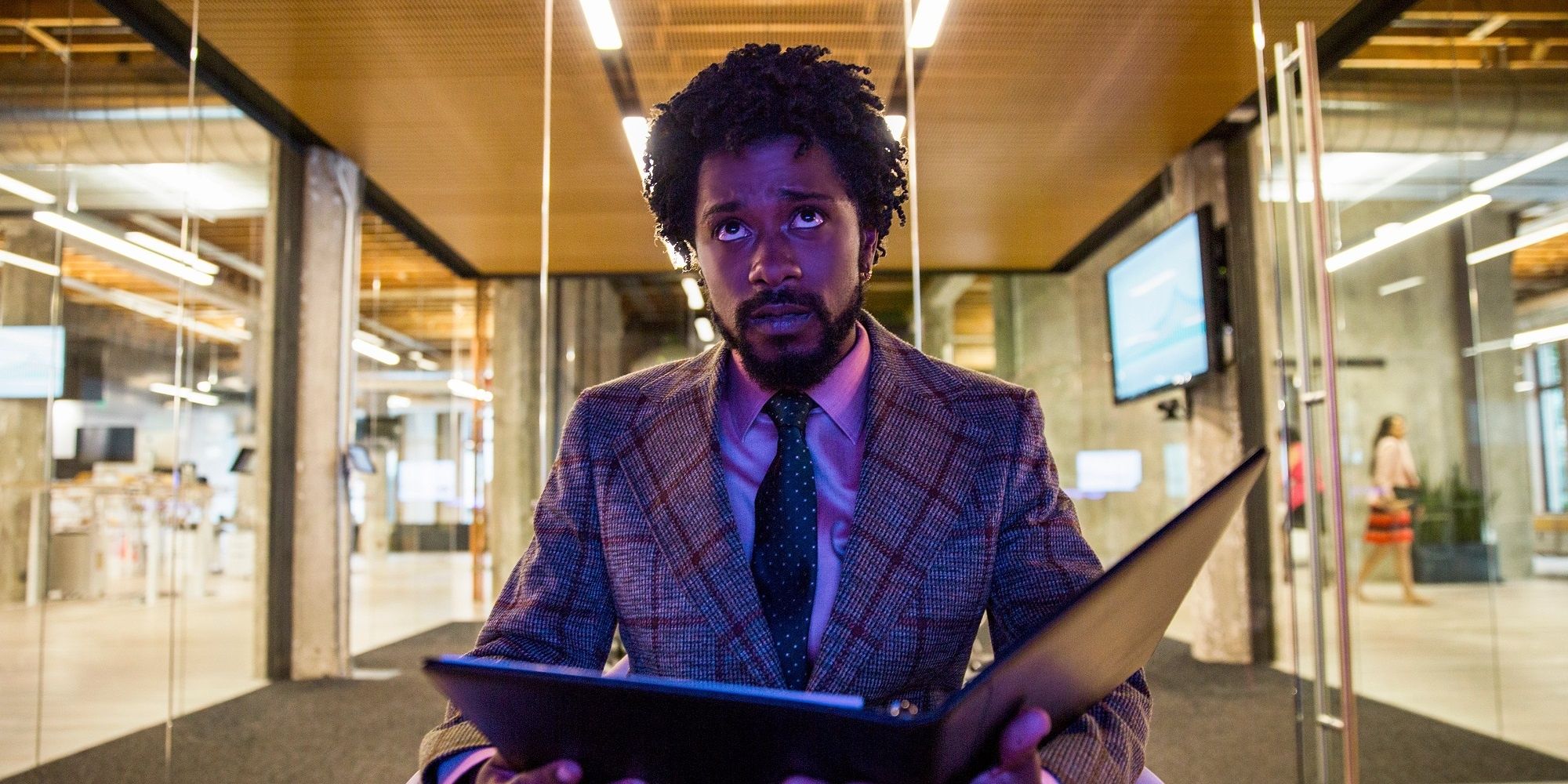





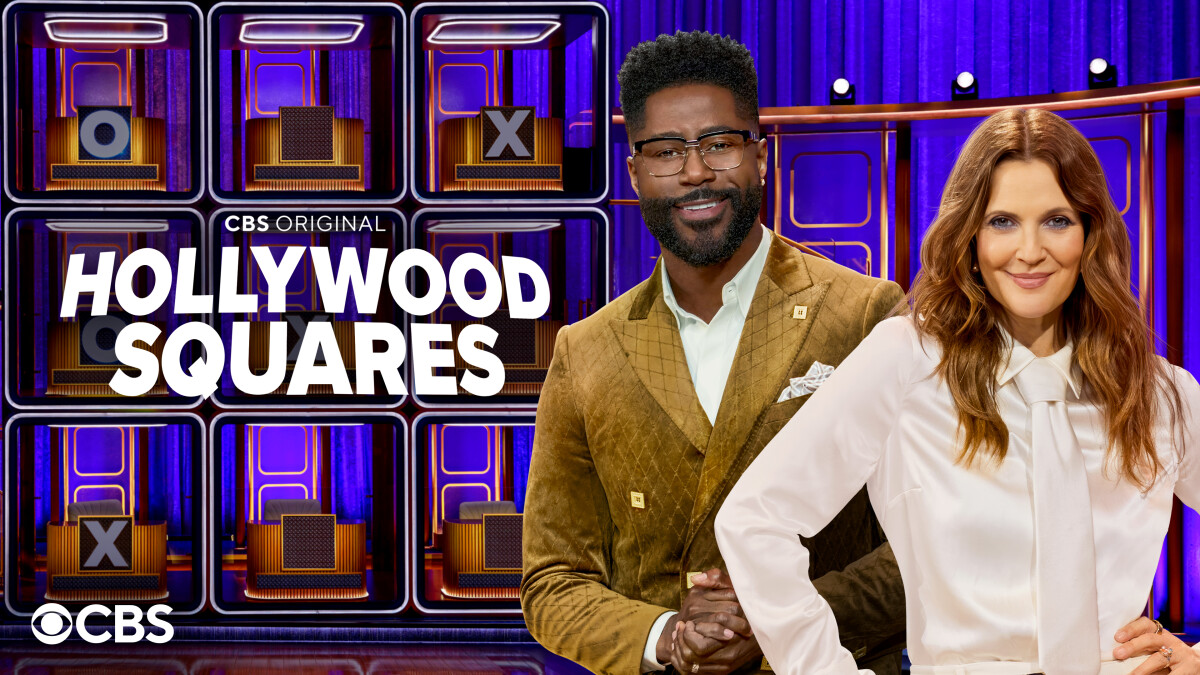













![Social Media Spring Cleaning [Infographic] Social Media Spring Cleaning [Infographic]](https://imgproxy.divecdn.com/9e7sW3TubFHM00yvXe5zvvbhAVriJiGqS8xmVFLPC6s/g:ce/rs:fit:770:435/Z3M6Ly9kaXZlc2l0ZS1zdG9yYWdlL2RpdmVpbWFnZS9zb2NpYWxfc3ByaW5nX2NsZWFuaW5nMi5wbmc=.webp)
![5 Ways to Improve Your LinkedIn Marketing Efforts in 2025 [Infographic] 5 Ways to Improve Your LinkedIn Marketing Efforts in 2025 [Infographic]](https://imgproxy.divecdn.com/Hv-m77iIkXSAtB3IEwA3XAuouMwkZApIeDGDnLy5Yhs/g:ce/rs:fit:770:435/Z3M6Ly9kaXZlc2l0ZS1zdG9yYWdlL2RpdmVpbWFnZS9saW5rZWRpbl9zdHJhdGVneV9pbmZvMi5wbmc=.webp)


